PREVIOUS: 2. The 12-minute tour of Drug Courts NEXT: 4. Two Case Studies: Recovery by those who do not seek to recover

3. Brain scans
The damage to addicts' brains shows up on brain scans
What follows are brain scans that register activity on the surface of the brain. These scans are taken from several views. These scans are presented here to suggest or substantiate four points:
First, physical damage has occurred to the brains of these users.
Second, drug users and alcohol users, whose brains are so visibly impaired by substances, have diminished capacity to put their brain to good use to break their addiction.
Third, the visible changes strengthen the argument that recovery from addiction depends on more than will power alone.
Fourth, treatment needs to be long term. Brains that are so damaged will not heal themselves in a 28-day program.
The images that follow are taken from: http://www.addictionrecoverycenteroftemecula.com/browse20741/Brain_Scan_Images.html
Normal Brain Scans:
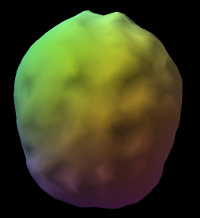
- Top Down
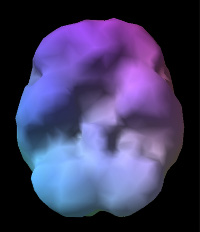
- Bottom Up
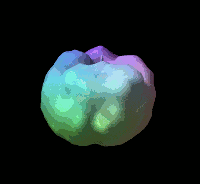
- Rotating View
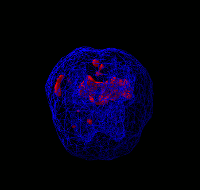
- Active View
Effects of Long Term Alcohol Abuse on Brain:
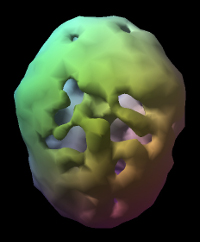
- Top View
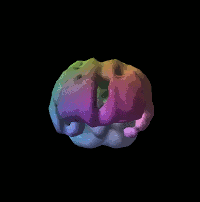
- Rotating View
Effects of Cocaine Use on Brain:
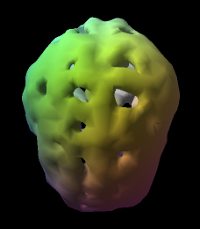
- Top View
Effects of Methamphetanine Use on Brain:
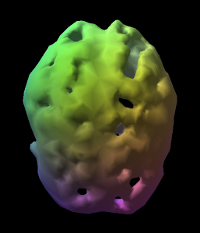
- Top View
Effects of Herion/Opiates on Brain:
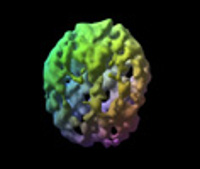
- Top View
Effects of Inhalants on Brain:
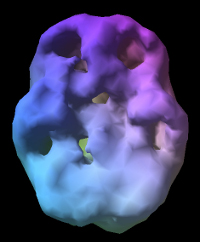
- Bottom View
Effects of Marijuana Use on Brain:
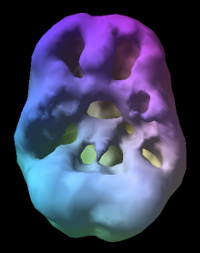
- Bottom View
Normal/Healthy Brain Image Compared to Long Term Alcohol and Drug Use Brain Images:
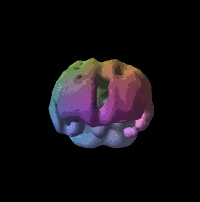
- Long Term Alcohol Use
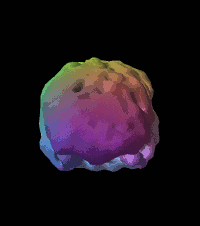
- Long Term Drug Use
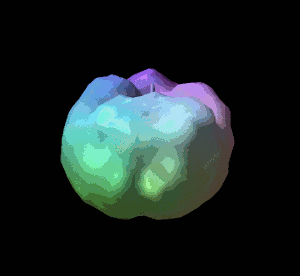
- Normal Brain
An article on brain imaging techniques appears here.
Do these irregularities diminish after extended sobriety? Articles cited below indicate after extended sobriety, the irregularities diminish.
Doctors at teaching hospitals tell me that the scans do not allow a professional looking at the scan to determine whether the subject is addicted, so its clear brain scans are not predictive of addiction. If you Google search "addict brain scan", you will see that scans of brains with other diseases show irregularities as well.
Persons interested in learning more about brain scans of substance users might go to here.
